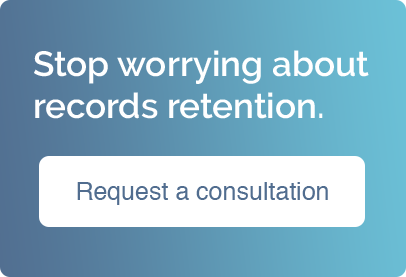Let us be honest–document retention is not exactly thrilling, but getting it wrong can cost your company big time. At IRCH, we have seen countless organizations face tough audits because of simple mistakes in how they handle their records. Here are the five most common document retention errors that might put your company under the microscope.
1. Not Following Your Own Rules Consistently
Many companies create solid retention policies, but then apply them differently across departments. The Association of Records Managers and Administrators (ARMA) notes that this inconsistency often catches auditors’ attention. When some teams keep documents too long while others destroy them too soon, it suggests your company lacks control over its information.
2. Using Outdated Policies
Rules about document retention change frequently. According to the Electronic Discovery Reference Model (EDRM), your policies need regular updates to stay current with regulations.
IRCH suggests reviewing your retention schedules every three months, especially if you work in heavily regulated fields like healthcare, banking, or government contracting.
3. Forgetting About Digital Records
Many companies still treat paper and digital records differently. This creates major risks, particularly as more business happens through email, text, and chat apps.
Your policy needs to clearly state which electronic messages count as business records and how to save them properly. Remember that even messages on Teams, Slack, or company social media might need to be kept.
4. Mishandling Legal Holds
When your company might face a lawsuit, you must preserve all relevant records, even if your normal policy would allow you to destroy them. Failing to properly manage these “legal holds” often triggers audits and can lead to serious legal problems.
The American Bar Association recommends creating a system that automatically notifies everyone who needs to preserve specific records.
5. Not Documenting What You Destroy
When you destroy documents according to your retention schedule, you need proof of what you did. Without good records of your document destruction, regulators might wonder if you are hiding something.
IRCH recommends keeping logs that show what documents you destroyed, when, who approved it, and how you destroyed them. These records can save you major headaches during an audit.
Want to make sure your document retention practices will not raise red flags? Contact IRCH today for a review of your policies and procedures to keep your company audit-ready.


